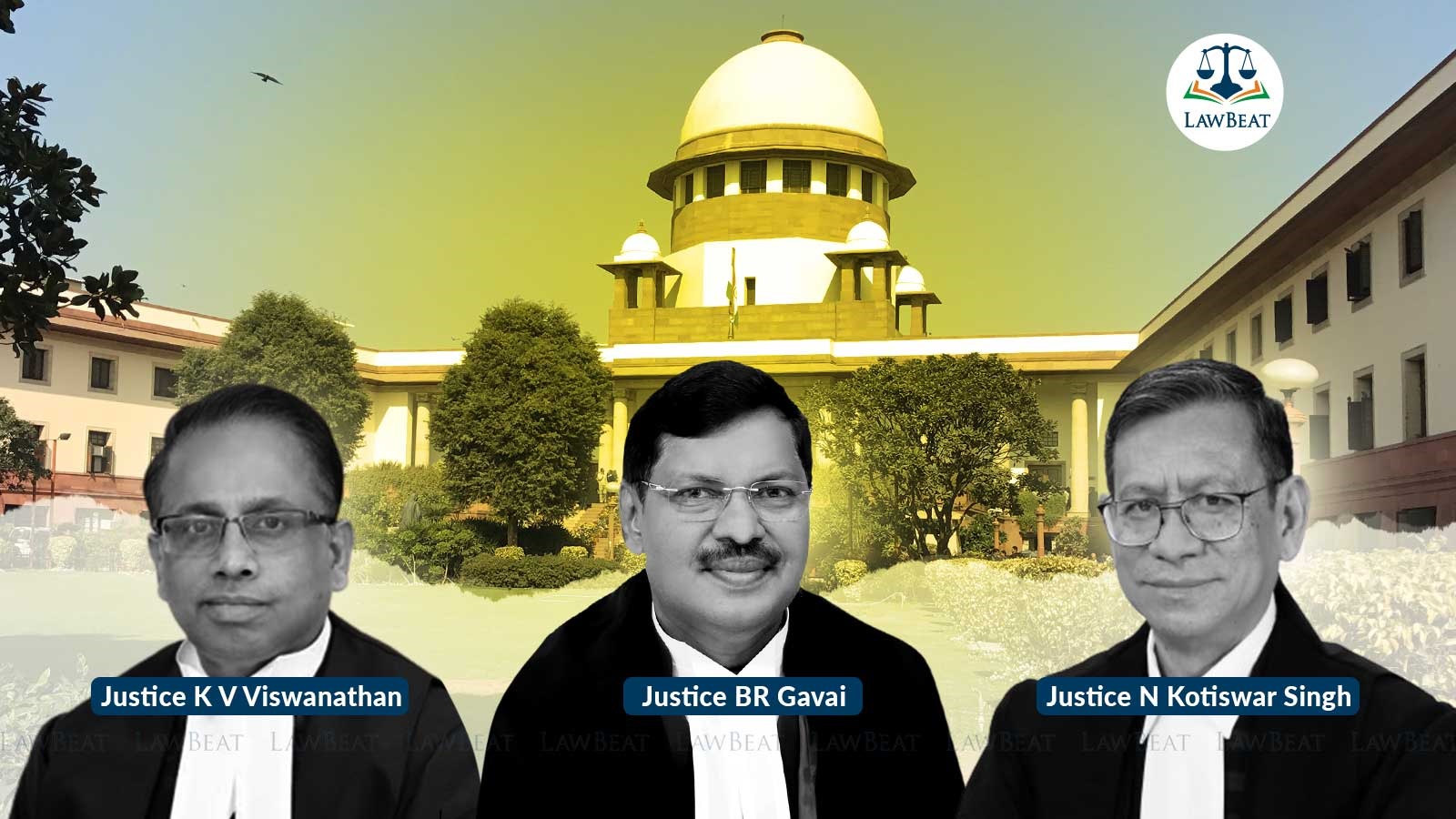Only jostling, pushing not enough to attract ingredients of assault: SC

Court said there was no evidence to indicate that the accused assaulted or used criminal force on the trap party in execution of their duties
The Supreme Court recently set aside a high court judgment that held a district collectorate official guilty of assaulting or using criminal force against a trap party. The court noted that the incident from 2004 seemed to involve only jostling and pushing as the official tried to avoid arrest.
A bench of Justices B R Gavai, K V Vishwanathan, and N Kotiswar Singh allowed an appeal filed by Mahendra Kumar Sonker.
"Having considered the oral evidence and the medical evidence, we are constrained to conclude that the prosecution has not established that the appellant has assaulted or used criminal force against the trap party," the bench said.
"In fact, what transpires is that when the appellant was apprehended there appears to have been an attempt by him to wriggle out and in the process, jostling and pushing appears to have happened, in the process of him trying to extricate himself from the arrest. None of the ingredients of assault or criminal force have been attracted," the bench added.
The court also noted there was no evidence to indicate that the accused assaulted or used criminal force on the trap party in the execution of their duties or to prevent or deter them from discharging their duties.
"In short, none of the ingredients of Section 353 are attracted. The jostling and pushing by the accused with an attempt to wriggle out, as is clear from the evidence, was not with any intention to assault or use criminal force," it said.
The bench also pointed out that it was interesting that the official had not been charged under Section 186 of the IPC.
To take cognizance of Section 186, the procedure under Section 195(1)(a)(i) of the CrPC ought to have been followed. There is not even a complaint by the officer against the appellant for any offence having been committed under Section 186 of the IPC, the court noted.
Appellant Mahendra Kumar Sonker challenged Madhya Pradesh High Court's judgment of 2009 by which his conviction under Section 353 IPC (assault or criminal force to deter public servant from discharge of his duty) and sentence of six months imprisonment by Special Judge, Sagar had been confirmed.
The appellant along with his wife Mamta stood trial in the case. He was accused of attacking the trap party with blunt object causing injuries to the police officers, when they tried to nab him while taking a bribe of Rs 500 for official work from the complainant.
The appellant was charged with offences under Sections 7, 13(1)(d) read with 13(2) of the Prevention of Corruption Act, 1988 as well as Sections 201 and 353 of the IPC, his wife Mamta was charged under Section 353 and 201 of the IPC.
By the trial court as well as the high court, the appellant was acquitted of other charges except Section 353, IPC, and his wife Mamta was completely acquitted.
After examining the evidence in the matter, the apex court acquitted the appellant also of the charges under Section 353 of IPC.
Case Title: Mahendra Kumar Sonker Vs The State of Madhya Pradesh
